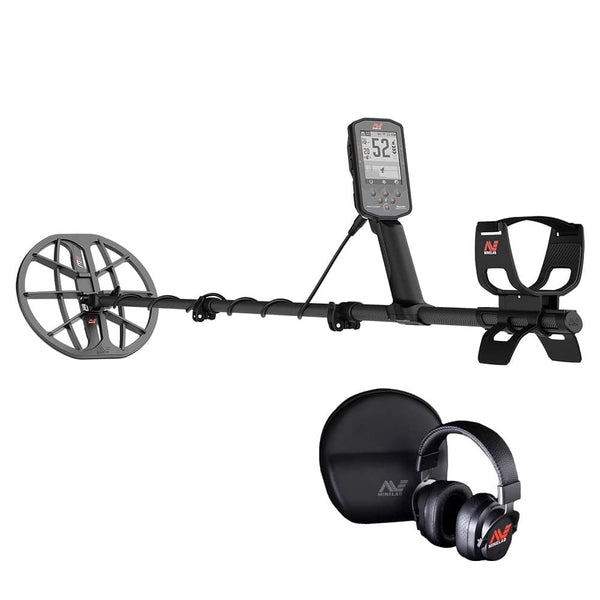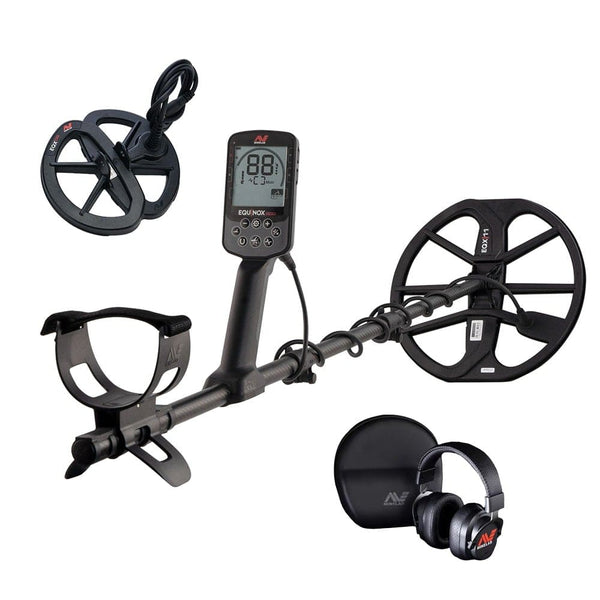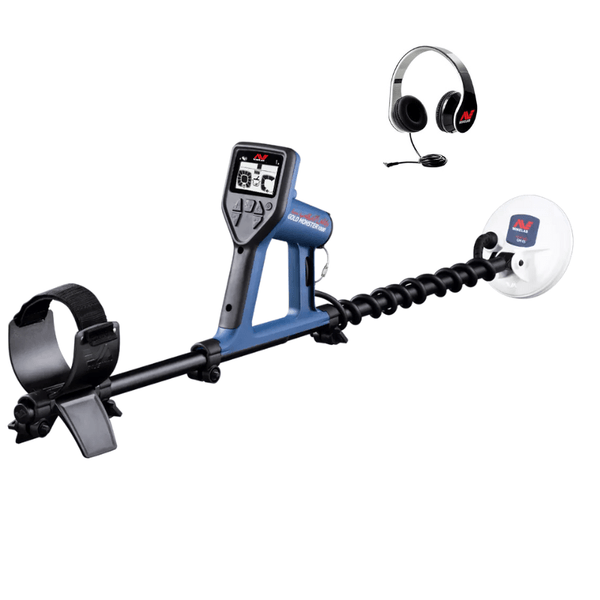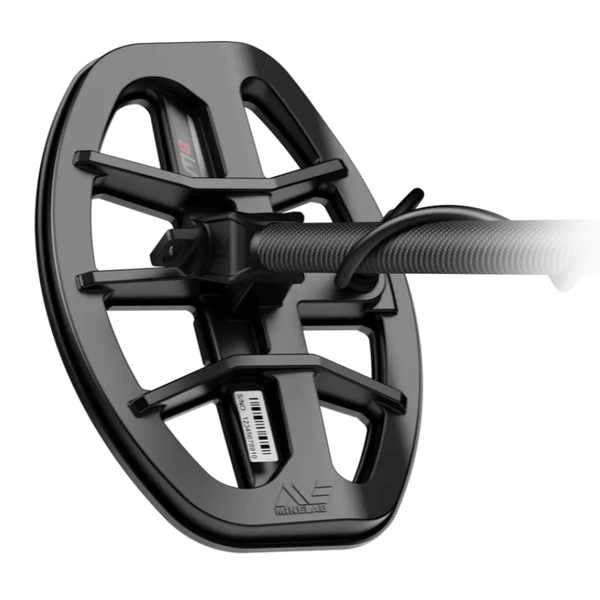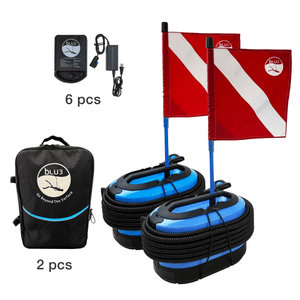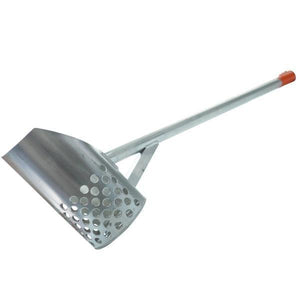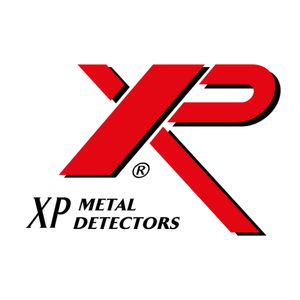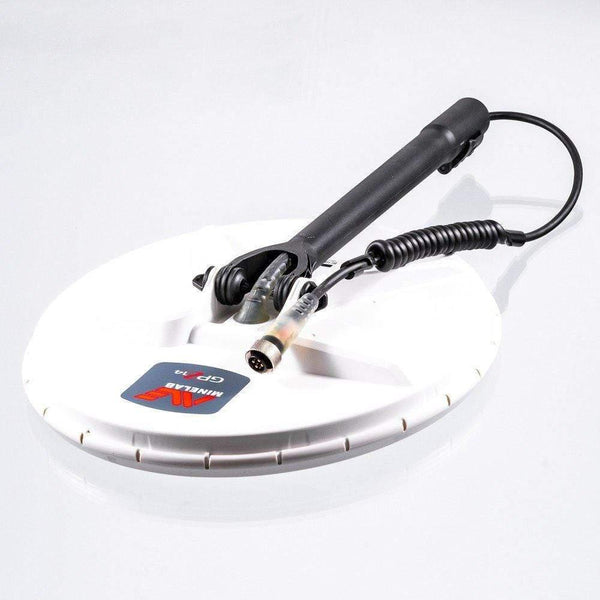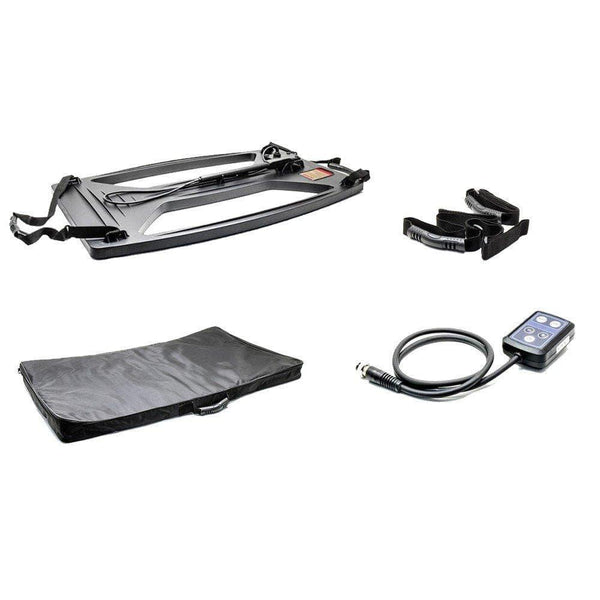How to Maintain Your Metal Detector for Long-Lasting Performance
Introduction
Metal detecting is a fun and fulfilling hobby. You can find secret treasures, lost jewelry, or historical items. Like any electronic device, a metal detector needs good care and repair for many years.
A well-cared-for metal detector works better, lasts longer on a charge, and is more durable, helping you get the most for your money. Ignoring regular maintenance can cause incorrect warnings, bad depth sensing, and even lasting damage to important parts.
This guide will explain how to take care of your metal detector. We will talk about cleaning it, storing it properly, taking care of the batteries, updating the software, and tips for using it. We'll suggest important tools to help keep your device safe and make it last longer.
1. Cleaning Your Metal Detector Properly
Regular cleaning is very important to keep your metal detector running well. Dirt, dust, sand, and moisture can build up on the device over time, which can cause it to work poorly.
Step-by-Step Guide to Cleaning Your Metal Detector:
Control Box:
- After each use, clean the control box with a soft, dry cloth to clear dust and dirt.
- Use a slightly wet cloth with a little soap for a better clean, but don’t get the control box wet because moisture can harm the inside parts.
- If your detector has buttons or an LCD screen, clean them with a microfiber cloth to avoid scratches.
- The search coil is the part of your detector that touches the ground the most and is very visible.
- After each use, wipe it with a wet cloth to clean off mud, dust, and dirt.
- Don't use strong chemicals or too much water.
Shaft and Armrest:
- Clean the shaft and armrest to remove dust, sand, and wetness. This will help stop rust and wear.
- If your detector has a telescopic shaft, extend it fully while cleaning to ensure no debris gets stuck inside.
- If you use wired headphones, wipe the audio jack with a dry cloth to make sure it connects well.
- Keep wireless headphones in a dry area to prevent water harm.

2. Battery Care: Maximizing Your Detector’s Power Efficiency
How well your metal detector works relies a lot on how long its battery lasts. Taking good care of your battery helps it last longer for hunting trips and stops leaks or rust from causing damage.
Best Practices for Battery Maintenance:
-
Use good-quality cells.
If your detector uses rechargeable batteries, use the recommended brand or high-capacity batteries for the best results. Alkaline batteries work well but need to be changed when they start to lose power. -
Take out the batteries when the device is not being used.
If you won't use your metal detector for a long time, take out the batteries to avoid leaks and rust. -
Bring extra batteries.
It can be annoying to lose power while you're hunting. Always keep extra batteries in your equipment bag. -
Keep the battery connections clean.
Dust and oxidation can build up on battery connections. Clean the ports regularly using a dry cloth or a cotton swab. -
Charge rechargeable cells correctly.
Don’t overcharge or undercharge your batteries, as this can shorten their life. -
Look for low-power warnings.
Most new metal detectors come with battery indicators. Change or recharge the batteries as soon as the low-power light comes on. -
Use a power bank for longer hunting trips.
Some modern metal detectors can be powered by USB battery packs, allowing you to hunt for longer without needing to change batteries.
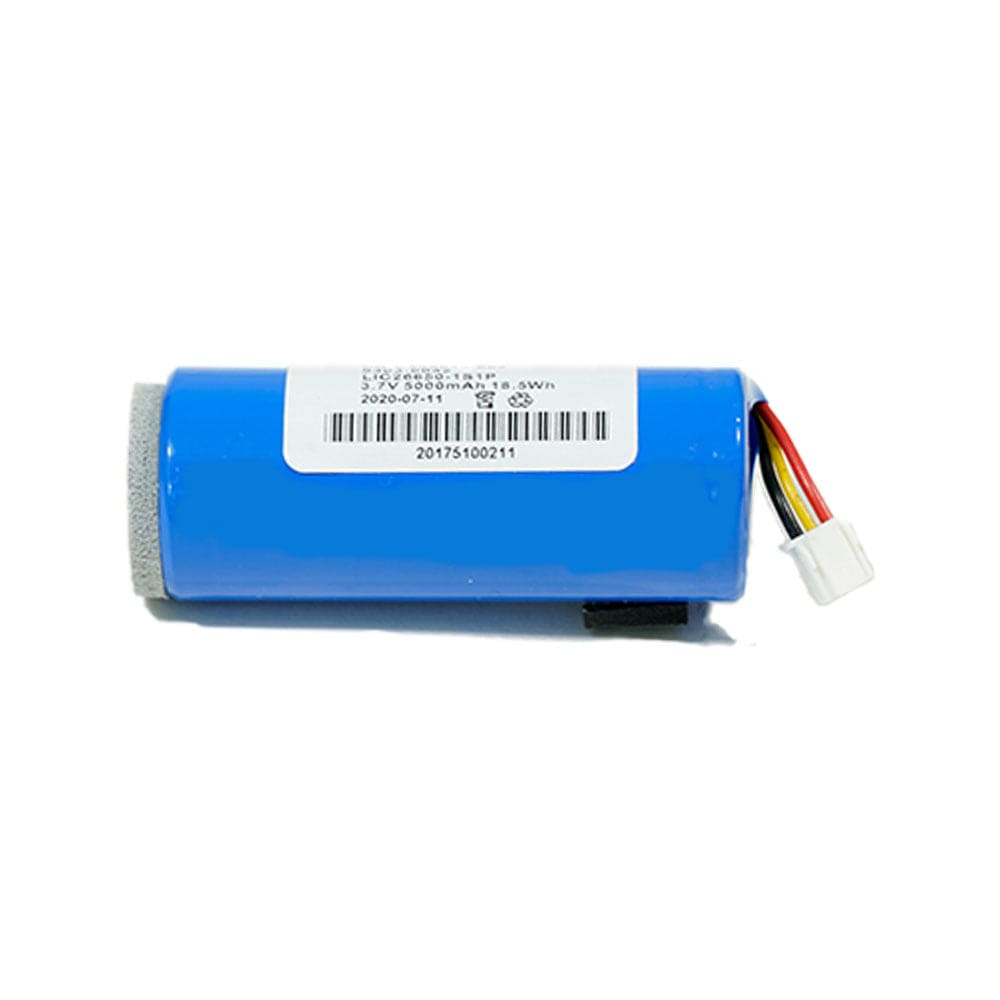
3. Protecting the Search Coil from Damage
The search coil is an important and sensitive part of a metal detector. It should be treated carefully to get correct results and avoid early damage.
How to Protect Your Search Coil:
-
Put on a coil cover.
A coil cover protects the coil from scratches and helps it last longer. -
Stay away from strong hits.
Don't hit the coil on hard objects like rocks or pavement. This can lead to damage inside. -
Keep the coil clean.
Mud, dust, and saltwater can impact how well something works. Always clean it after you use it, especially in wet or dirty places. -
Don't pull the coil on the ground.
Hold the coil slightly up while sweeping to reduce friction.
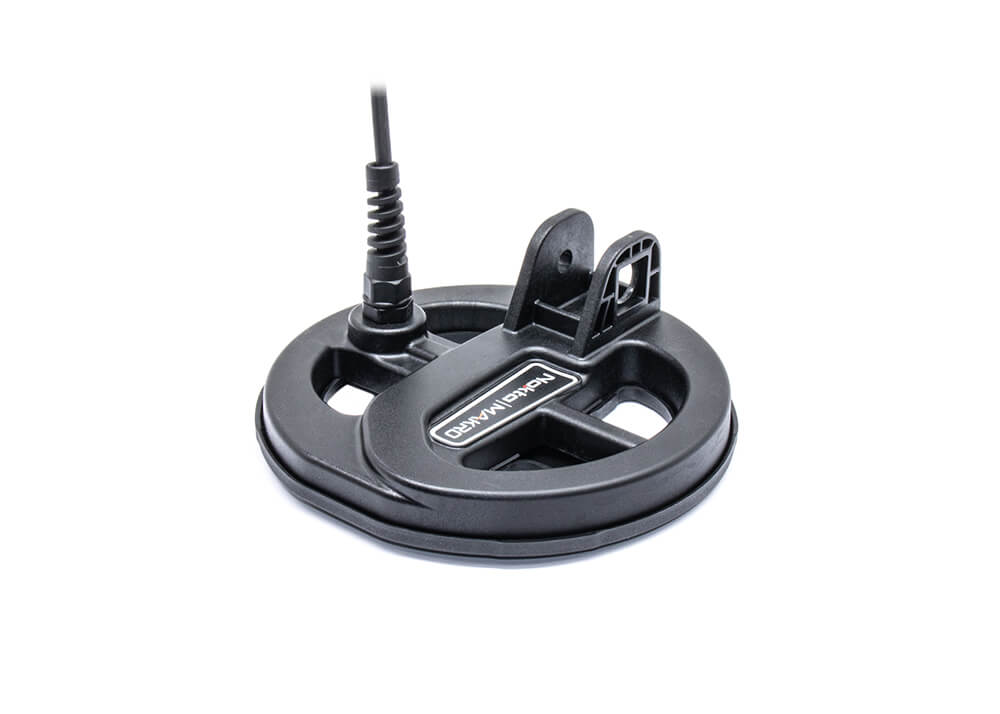
4. Proper Storage and Transportation
Storing your metal detector properly protects it from dust, moisture, and unintentional damage when you're not using it.
How to Store Your Metal Detector:
-
Store it in a cool, dry area.
Keep your detector in a place where the temperature is managed to avoid damage from heat, moisture, or cold. -
Take it apart if you can.
Most metal detectors have shafts that can be taken off for easier storage. -
Use a case to carry items.
A padded packing case keeps your detector safe from bumps and scratches while you travel. -
Keep away from magnets and strong electronic gadgets.
Strong magnets can disrupt the internal electronics of the device.
5. Regular Software Updates (For Digital Metal Detectors)
Many modern metal detectors come with digital interfaces and software that require periodic updates to enhance their performance.
Why Software Updates Matter:
- Improve detection accuracy with updated algorithms.
- Fix bugs and software glitches that may cause false signals.
- Stay updated with the latest features and performance enhancements from the manufacturer.
6. Handling and Usage Tips for Longevity
Using your detector correctly can help avoid damage and make it last longer.
Best Practices for Using Your Metal Detector:
- Swing gently. Don't hit the coil on the ground. A smooth and steady movement makes it easier to identify things.
- Use a harness or arm strap: This reduces strain on your wrist and shoulder, making long hunts more comfortable.
- Keep the control box dry and away from water. Even if your coil is waterproof, the control box might not be. Use a protective cover when searching in wet weather.
- Set the sensitivity correctly: This helps avoid putting extra pressure on your detector's engine.
7. Periodic Inspection and Professional Servicing
Even with regular care, metal detectors can have problems with their performance as time goes on. Regularly checking your monitor yourself and getting it serviced by a professional now and then will keep it accurate and make it last longer.
How to Perform a Routine Inspection:
- Look for cracks or loose links in the search coil. Even tiny cracks can impact how well it works.
- Check the shaft and handle for signs of wear. Rust or weak parts can make them unstable.
- Check all buttons and monitor features to make sure the settings work properly.
- Pay attention to any strange noises – loose parts inside might be making a rattling sound.
- Make sure cords and connectors are in good condition. Damaged wires can cause signal problems.
When to Get Professional Help:
- Lower accuracy or incorrect depth measurements.
- There are often incorrect signs, even in stable situations.
- Problems with the control panel, like buttons not working or show mistakes.
- Physical damage includes cracked coils, damaged wires, or broken shafts.
- Water has damaged a device that is not waterproof.
If you use your metal detector often, think about getting it checked by a professional every 12 to 18 months to make sure it's working well.
8. Waterproofing and Weather Protection
If you frequently use your metal detector in wet situations, it's important to keep it waterproof or well-protected to ensure it lasts longer. Even a little moisture can harm delicate gadgets.
Important Tips for Waterproofing:
- Use a completely waterproof metal detector to search near beaches, lakes, or rivers.
- Before putting any part of your device in water, check its waterproof (IP) rating.
- If your device isn't fully waterproof, buy a rain cover for the control box.
Make sure to close all battery boxes tightly to keep out water.
Taking Care of Things After Using Them in Wet Places:
- Rinse your search coil with clean water after using it in salty or dirty places.
- Make sure to dry all parts completely before putting your device away.
- Look for any moisture inside screens or battery areas. It can lead to rust and damage.
- Keep it in a dry, well-ventilated place to avoid mold or rust.
Conclusion
Taking good care of your metal detector ensures optimal performance, longer life, and better finds. By following these simple but effective maintenance steps, you can prevent costly repairs and enjoy more successful treasure hunts.
For the best metal detectors, accessories, and maintenance tools, visit Modern Metal Detectors today!
Happy hunting! May your next find be a great one!



